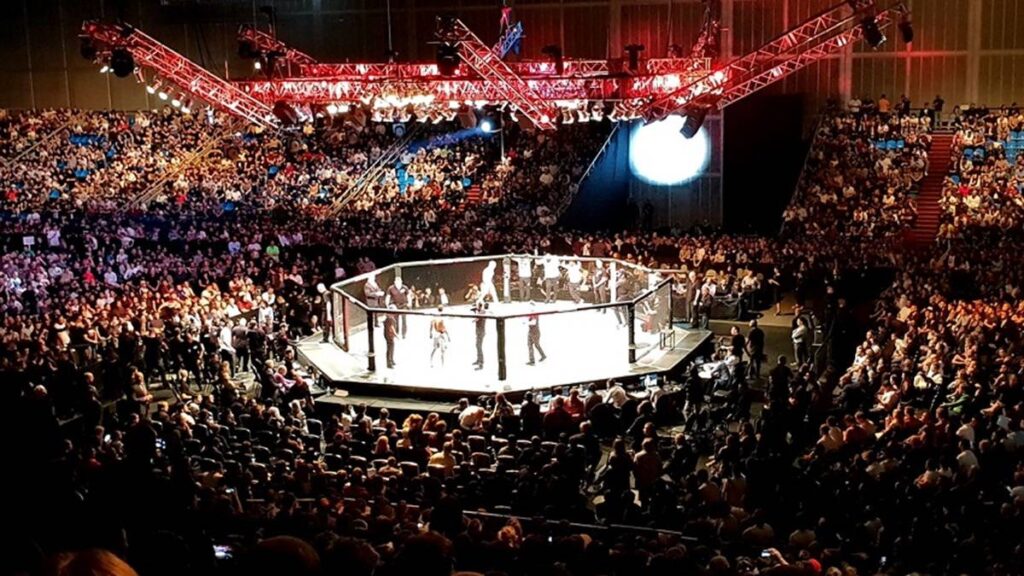MMA
This is ridiculous. The Taliban banned MMA in Afghanistan. They say it’s too violent
Afghanistan, where mixed martial arts has gained great popularity, is now facing an unexpected ban on the sport. The Taliban, after returning to power in 2021, are gradually introducing strict Sharia rules. It has now decided to ban MMA because of its violent nature and inconsistency with Islamic values.

Afghanistan, where mixed martial arts has gained great popularity, now faces an unexpected ban on the sport. The Taliban, after returning to power in 2021, are gradually introducing strict Sharia rules. It has now decided to ban MMA because of its violent nature and inconsistency with Islamic values.
- The Taliban has banned MMA because of its violent nature and inconsistency with Islamic rules
- Afghan MMA organisations such as the AFC and TGFC cannot hold tournaments
- Many fighters have left the country due to intimidation and fear of reprisals
Afghanistan, a country that until recently boasted the growing popularity of mixed martial arts, is now experiencing a dark chapter in its sporting history.
Following the Taliban’s return to power in 2021 and the subsequent imposition of a strict interpretation of Islamic Sharia law, MMA was officially banned. This move is a severe blow to many young Afghans who have found a passion in the sport and an escape from everyday reality.
The Taliban, known for their hardline approach to religious issues and morality, have decided that MMA is a sinful and overly violent sport that does not comply with Islamic rules.
MMA is incompatible with Islam
“MMA is incompatible with Sharia because it contains violent elements that are contrary to Islamic values,” a Taliban spokesman said.
The ban means the end of hope for thousands of fans and fighters who have been involved in the development of the sport in the country. Organisations such as the Afghanistan Fighting Championship (AFC) and the Truly Grand Fighting Championship (TGFC) have managed to attract huge crowds to their tournaments. This was indicative of the growing interest in mixed martial arts.
However, with the advent of the Taliban, it was only a matter of time before the clouds began to lift over MMA.
For many Afghan fighters, this situation is not only disappointing but also a direct threat to their safety. For example, Ahmad Wali Hotak, a well-known Afghan fighter with a 10-1 record, has been trying to sustain Afghan MMA by organising fights abroad, but his efforts have met stiff resistance from the Taliban.
Fighters often face intimidation and threats, which has led many to prefer to leave the country.
The Taliban, through its Ministry for the Promotion of Virtue and Prevention of Vice, often referred to as the ‘Religious Police’, has put in place a number of measures to curb any activities it deems immoral or un-Islamic. The Taliban consider MMA to be too violent, making it one of the first sports to be banned.
The banning of MMA is another step by the Taliban to maintain control over society and enforce its strict rules without regard to the public’s interest and wishes.
Many athletes who saw mixed martial arts as an opportunity to improve their lives and gain recognition now find themselves in an unenviable situation. They have to find new ways to continue their careers.
Afghanistan, which until recently seemed to be on the rise in the martial arts, now finds itself isolated. The question is whether MMA will ever return to this country.
Source: BBC










